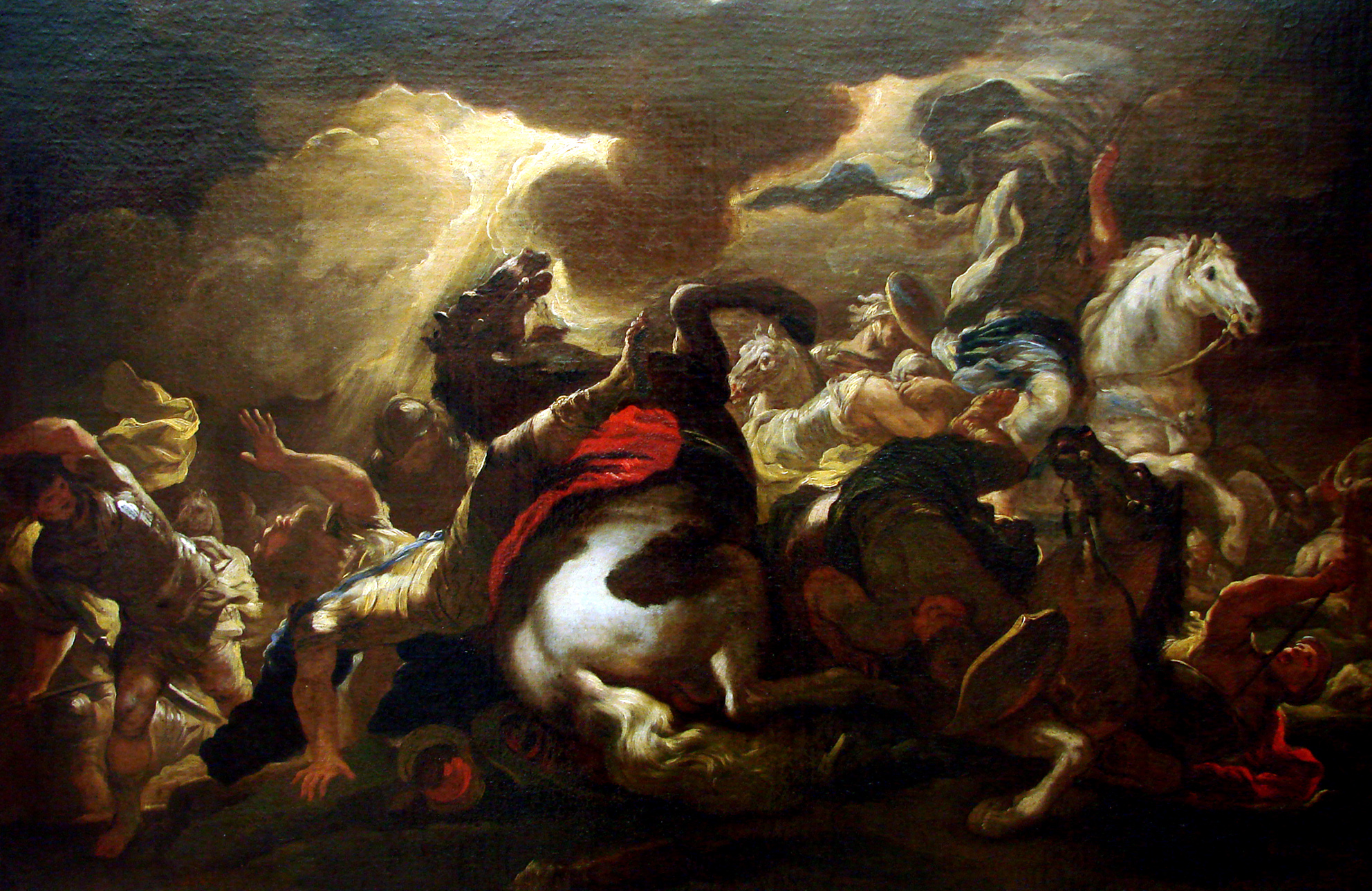Saul’s Conversion On The Way To Damascus
Acts 9:1-3
Now Saul, still breathing threats and murder against the disciples of the Lord, went to the high priest, 2 and asked for letters from him to the synagogues at Damascus, so that if he found any belonging to the Way, both men and women, he might bring them bound to Jerusalem.3 As he was traveling, it happened that he was approaching Damascus, and suddenly a light from heaven flashed around him;
Observations and Reflections
Saul was first introduced previously when Stephen was stoned. He was not well described but we can tell by his role in the stoning that he was respected in the Jewish community. His second mention depicts a man who is on a mission to round up the Christians.
At first read it might seem as though Saul was sent by the Sanhedrin to go round the Christians up but a closer reading shows a slightly different picture. In verse 2 Luke says that Saul “asked for letters from him to the synagogues at Damascus“. It would seem as though Paul approached the Sanhedrin to get permission for his task. As part of his task he requested that the Sanhedrin send letters to the synagogues in Damascus to alert them to his activities. However, Luke never tells us why Saul was going to Damascus.
Another question that we actually know the answer to is: how was it legal for Paul to travel into Gentile lands and round people up?
Damascus was not technically part of the Judean territory and was outside of the normal legal jurisdiction of the Sanhedrin. Damascus was quite a ways north of the Sea of Galilee and considered Syrian. However, the Roman government, by decrees of Julius Caesar and Augustus, gave the high priest and Sanhedrin jurisdiction over Jews resident in foreign cities.[1] Thus, the Sanhedrin could punish Jews even if they lived in foreign cities and have them extradited. This is why Paul needed the Sanhedrin to send letters for him. He was acting as bounty hunter for the Sanhedrin. A letter from the Sanhedrin would be adequate to charge any foreign Jew, however, it would not supersede the Roman government.
If the citizen was Jewish and Roman then they would have the right to appeal to the Roman official and escape charges by the Sanhedrin. This was the case with Paul, when he was arrested in Acts 22-25.
But when they stretched him out with thongs, Paul said to the centurion who was standing by, “Is it lawful for you to scourge a man who is a Roman and uncondemned?” 26 When the centurion heard this, he went to the commander and told him, saying, “What are you about to do? For this man is a Roman.” 27 The commander came and said to him, “Tell me, are you a Roman?” And he said, “Yes.” 28 The commander answered, “I acquired this citizenship with a large sum of money.” And Paul said, “But I was actually born a citizen.” 29 Therefore those who were about to examine him immediately let go of him; and the commander also was afraid when he found out that he was a Roman, and because he had put him in chains.
Although Saul’s trip to Damascus was sanctioned by the Romans and the Sanhedrin, it was clearly not sanctioned by the Lord. It is near the final leg of the journey that Jesus saw fit to appear to Saul. In a flash from the heavens Saul is shocked by the appearance. He will not be the same after. Likewise, we should never be the same after we meet the Lord. We are new creatures in Christ.
“Therefore If any man be in Christ, he is a new creature: old things are passed away; behold, all things are become new. (2 Corinthians 5:17)
[1] Biscoe, Richard, “The History of the Acts of the Holy Apostles confirmed from other Authors; and considered as full evidence of the truth of Christianity: with a prefatory discourse upon the nature of that evidence, etc. With a map“, (c. 6, pt. 2)
